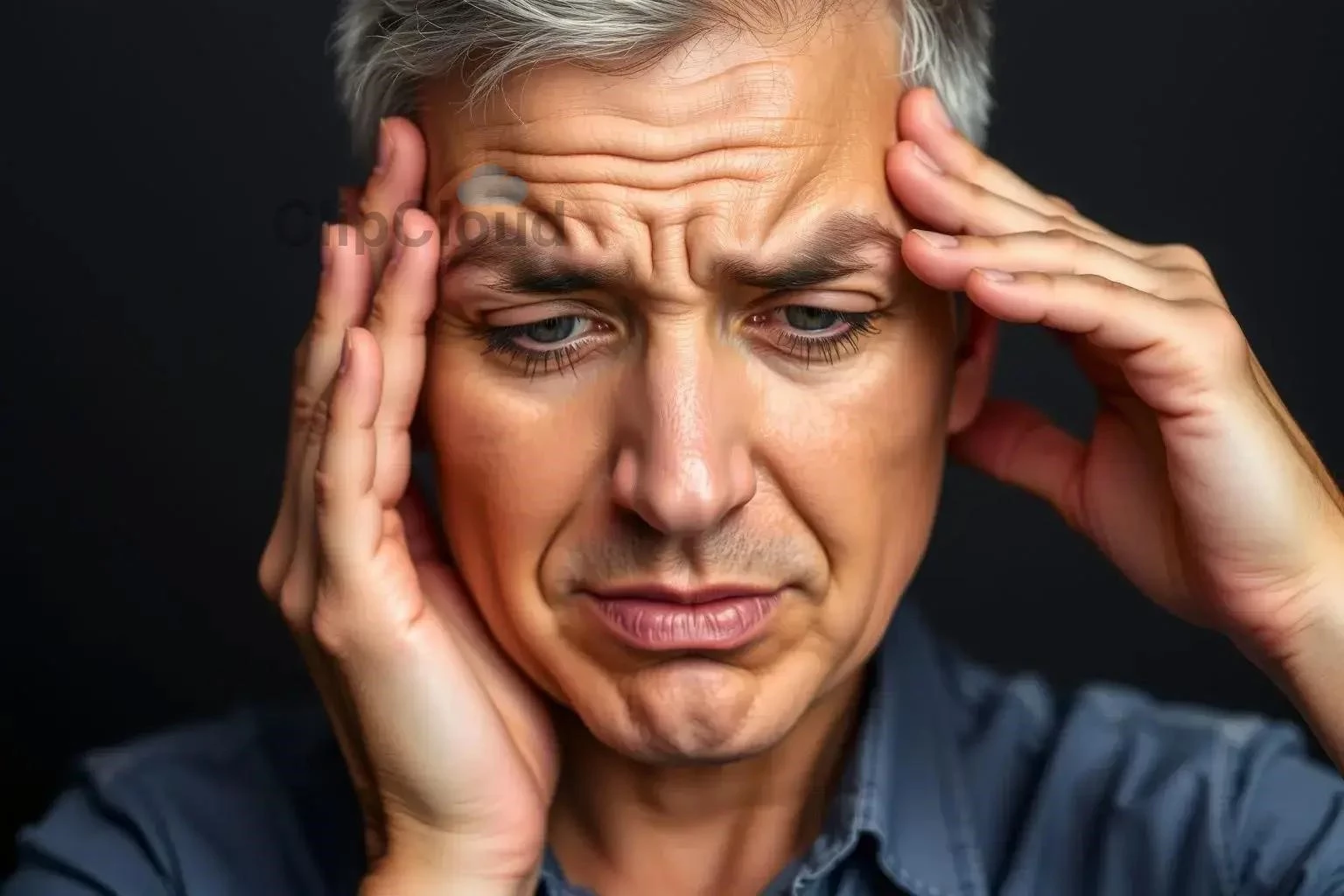Understanding Your Headache
Deciphering the source of your headache is the first step towards effective relief. Headaches aren’t a single entity; they come in various forms, each with unique characteristics. Tension headaches, often triggered by stress, manifest as a dull, aching pressure around the head. Migraines, on the other hand, can cause throbbing pain, usually on one side, often accompanied by nausea and sensitivity to light and sound. Cluster headaches, while less common, bring intense, burning pain around the eye. Understanding the type of headache you experience is crucial for selecting the right treatment approach and preventing future occurrences.
Trending Headache Remedies
The quest for headache relief has led to a surge in popularity of various remedies, both traditional and innovative. While some offer temporary solace, others focus on long-term prevention. Here’s a glimpse into some trending options:
Over-the-Counter Medications:
Tried-and-true pain relievers like ibuprofen and naproxen can effectively combat mild to moderate headaches. However, overuse can lead to rebound headaches, so it’s crucial to follow dosage guidelines. Acetaminophen is another common option, but it’s essential to be mindful of potential liver damage with excessive intake.
Hydration and Electrolytes:
Dehydration is a common headache trigger. Replenishing fluids and electrolytes can often provide rapid relief, especially after strenuous activity or excessive sweating. Sports drinks or electrolyte tablets can help restore balance, but water remains the most fundamental hydration source.
Essential Oils:
Peppermint and lavender oils have gained traction for their potential headache-soothing properties. Inhaling diluted peppermint oil may ease tension headaches, while lavender oil can promote relaxation and reduce stress, a common headache precursor. Topical application, diluted with a carrier oil, can also offer localized relief.
Acupressure and Acupuncture:
These ancient techniques involve stimulating specific pressure points to alleviate pain. Acupressure can be self-administered by applying firm pressure to points like the LI4 (between the thumb and index finger) or GB20 (at the base of the skull). Acupuncture, performed by a licensed practitioner, involves inserting thin needles into these points. While further research is needed, many find these methods beneficial.
CBD Products:
Cannabidiol (CBD), a non-psychoactive compound derived from cannabis, has garnered attention for its potential analgesic and anti-inflammatory properties. CBD oils, tinctures, and topicals are increasingly used for headache management, although scientific evidence regarding their efficacy is still evolving.
Dietary Considerations:
Identifying and eliminating trigger foods can significantly reduce headache frequency. Common culprits include aged cheeses, processed meats, and foods containing artificial sweeteners or MSG. Maintaining a balanced diet rich in fruits, vegetables, and whole grains can also contribute to overall well-being and potentially reduce headache susceptibility.
Remember to consult with a healthcare professional before incorporating new remedies, especially if you have underlying health conditions or are taking other medications. They can help you determine the most suitable approach for your specific needs and ensure the safety and effectiveness of your chosen treatment.
Lifestyle Changes for Prevention
While remedies can provide much-needed relief from headaches, adopting proactive lifestyle changes can significantly reduce their frequency and intensity. These adjustments often address underlying triggers and promote overall well-being, contributing to a more headache-free life.
Stress Management:
Stress is a notorious headache trigger. Incorporating stress-reducing practices like yoga, meditation, or deep breathing exercises can help manage tension and prevent headaches. Even short breaks throughout the day for relaxation can make a difference. Prioritizing activities you enjoy, such as hobbies or spending time in nature, can also contribute to stress reduction.
Regular Exercise:
Physical activity releases endorphins, natural pain relievers that can help prevent headaches. Aim for at least 30 minutes of moderate-intensity exercise most days of the week. Choose activities you enjoy to maintain consistency. Consult with a healthcare professional before starting any new exercise program, especially if you have underlying health conditions.
Sleep Hygiene:
Adequate sleep is crucial for overall health and headache prevention. Establish a regular sleep schedule, aiming for 7-9 hours of quality sleep each night. Create a relaxing bedtime routine to wind down before sleep. Optimize your sleep environment by ensuring a dark, quiet, and cool room. Avoid caffeine and alcohol before bed.
Ergonomics:
Maintaining proper posture and workstation setup can prevent tension headaches. Ensure your computer screen is at eye level and your chair provides adequate back support. Take frequent breaks to stretch and move around, especially if you have a desk job. Consider using ergonomic accessories like a keyboard wrist rest or a standing desk.
Dietary Habits:
Consistent meal times and a balanced diet can help stabilize blood sugar levels, preventing headaches triggered by fluctuations. Stay hydrated by drinking plenty of water throughout the day. Identify and avoid potential trigger foods, such as those containing artificial sweeteners, MSG, or nitrates. Keep a food diary to track your intake and identify any correlations between food and headaches.
Hydration:
Dehydration is a common headache culprit. Carry a water bottle and sip throughout the day to maintain adequate hydration. Monitor your urine color; pale yellow indicates proper hydration. Increase fluid intake during exercise or hot weather. Consider electrolyte drinks if you experience excessive sweating.
Mindfulness and Relaxation Techniques:
Practicing mindfulness and relaxation techniques can help manage stress and reduce headache frequency. Engage in activities like meditation, deep breathing exercises, or progressive muscle relaxation. Find a quiet space and focus on your breath or body sensations. Even a few minutes of daily practice can make a noticeable difference.
By incorporating these lifestyle changes, you can proactively address headache triggers and significantly reduce their occurrence. Remember to consult with a healthcare professional for personalized advice and guidance on implementing these strategies effectively.
When to Seek Professional Help
While many headaches can be managed with home remedies and lifestyle adjustments, certain situations warrant professional medical attention. Recognizing these red flags can ensure timely intervention and prevent potential complications. Don’t hesitate to seek help if you experience any of the following:
Sudden Onset Severe Headache:
A headache that comes on abruptly and intensely, often described as the “worst headache of your life,” could indicate a serious underlying condition like a subarachnoid hemorrhage. Immediate medical evaluation is crucial in such cases.
Headache Accompanied by Neurological Symptoms:
Headaches associated with neurological symptoms such as vision changes, numbness or weakness, difficulty speaking, or confusion require prompt medical attention. These symptoms could signal a stroke, brain tumor, or other neurological disorders.
Headaches After Head Injury:
Headaches following a head injury, especially if accompanied by loss of consciousness, vomiting, or persistent dizziness, should be evaluated by a healthcare professional. These could indicate a concussion or more severe brain trauma.
Headaches with Fever and Stiff Neck:
A combination of headache, fever, and a stiff neck can be a sign of meningitis, a serious infection of the membranes surrounding the brain and spinal cord. Immediate medical treatment is essential.
Worsening or Changing Headache Patterns:
If your headaches become more frequent, severe, or change in character, consult with a doctor. This could indicate an underlying medical condition requiring further investigation.
Headaches Interfering with Daily Life:
If headaches significantly disrupt your daily activities, preventing you from working, attending social events, or engaging in hobbies, seek professional help. Effective treatment options are available to manage chronic headaches and improve your quality of life.
Headaches That Don’t Respond to Over-the-Counter Medications:
If over-the-counter pain relievers provide little to no relief, it’s important to consult with a doctor to explore alternative treatment options and rule out any underlying medical conditions.
Headaches in Individuals with Weakened Immune Systems:
People with weakened immune systems, such as those with HIV/AIDS or undergoing chemotherapy, should seek medical attention for any new or worsening headaches, as they may be more susceptible to serious infections.
Headaches During Pregnancy:
While some headaches during pregnancy are normal, severe or persistent headaches, especially in the later stages, should be evaluated by a healthcare professional to rule out preeclampsia, a potentially dangerous condition.
Don’t hesitate to seek professional help if you are concerned about your headaches. Early diagnosis and treatment can significantly improve outcomes and prevent potential complications. Your doctor can conduct a thorough evaluation, identify the underlying cause of your headaches, and recommend the most appropriate treatment plan.






